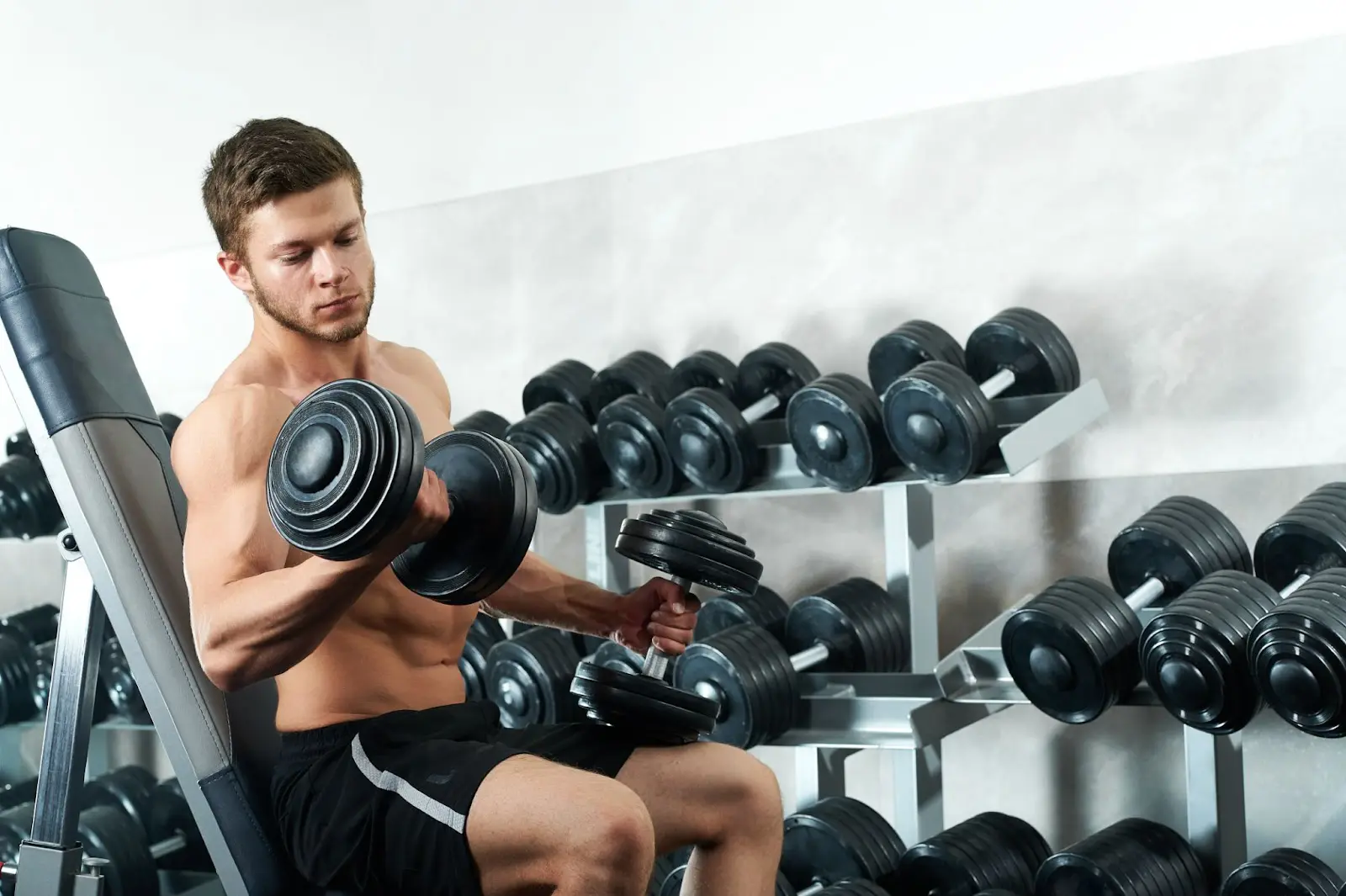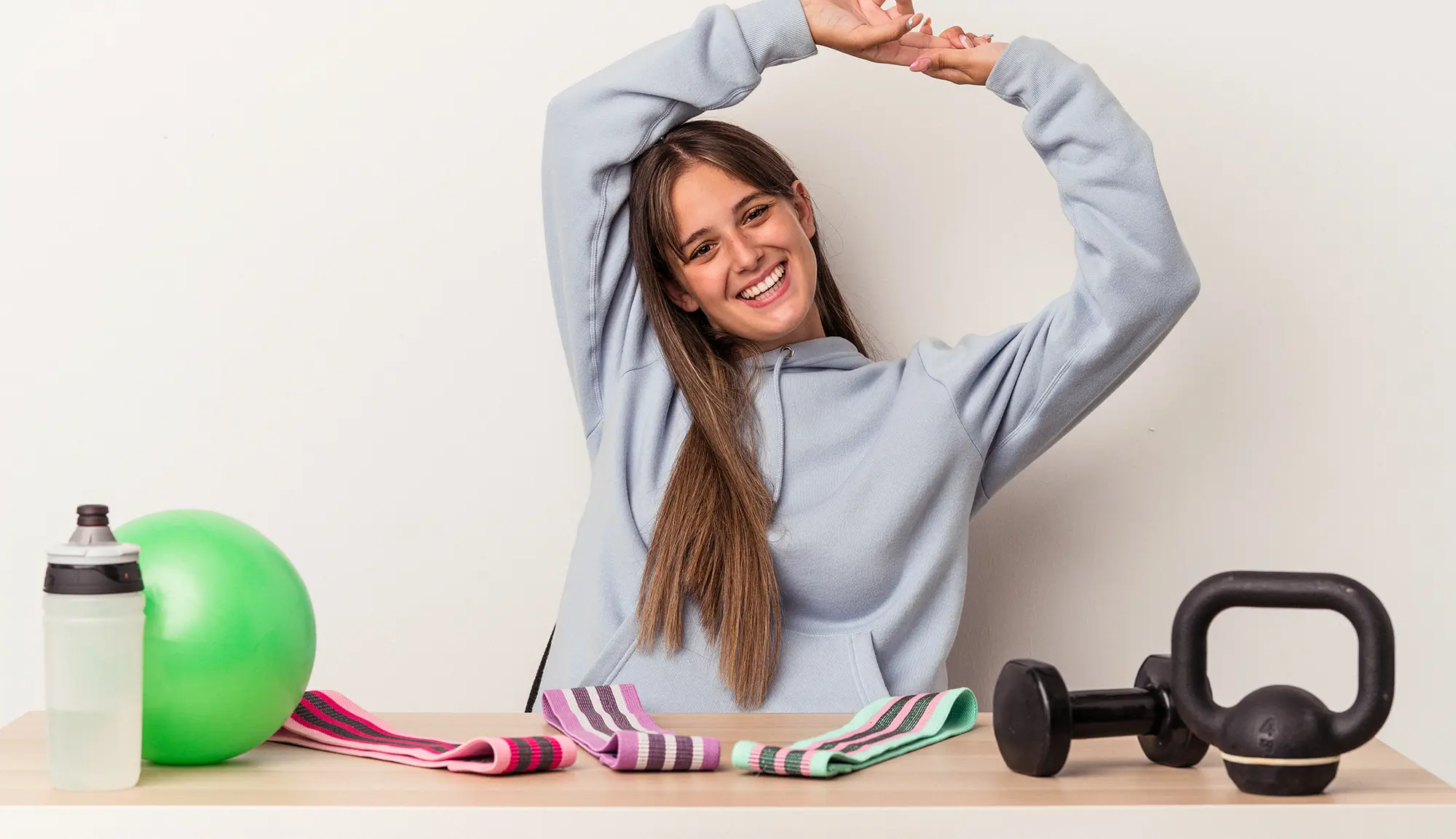December 2, 2024
At Quantum Fitness, we understand that choosing the right dumbbells can make all the difference in your fitness journey. Whether you’re a beginner or a seasoned fitness enthusiast, finding the correct weight is crucial to achieving your workout goals safely and effectively. Here’s our expert advice on how to select dumbbells tailored to your needs.
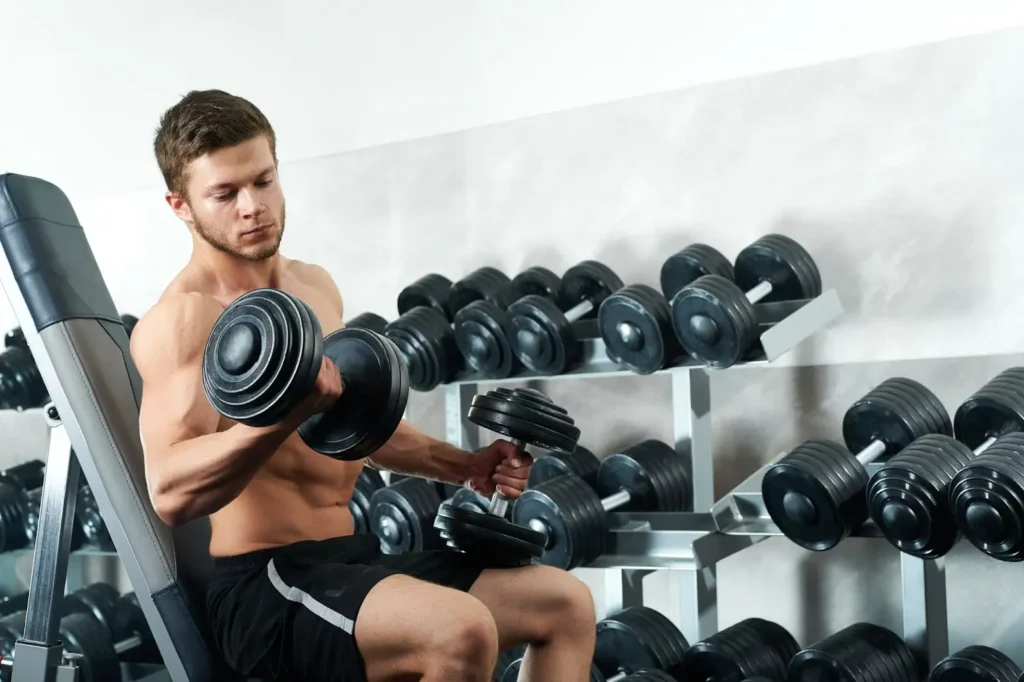
1. Start Light and Focus on Form
If you’re new to strength training, it’s essential to begin with lighter dumbbells to master proper technique. This not only helps prevent injury but also ensures you’re targeting the right muscles.
- Upper Body Exercises (e.g., bicep curls, shoulder presses, tricep extensions):
Start with 2–4 kg dumbbells. These weights are light enough to build your confidence while offering enough resistance. - Lower Body Exercises (e.g., squats, lunges):
Opt for slightly heavier dumbbells, around 4–6 kg, as your legs can handle more weight.
2. Gradually Increase the Weight
As you build strength and your current weights feel too easy, it’s time to progress. A general guideline is to increase your dumbbells by 1–2 kg once you can perform more than 12–15 repetitions without strain.
Remember, consistency and gradual progression are key to avoiding injury and maintaining motivation.
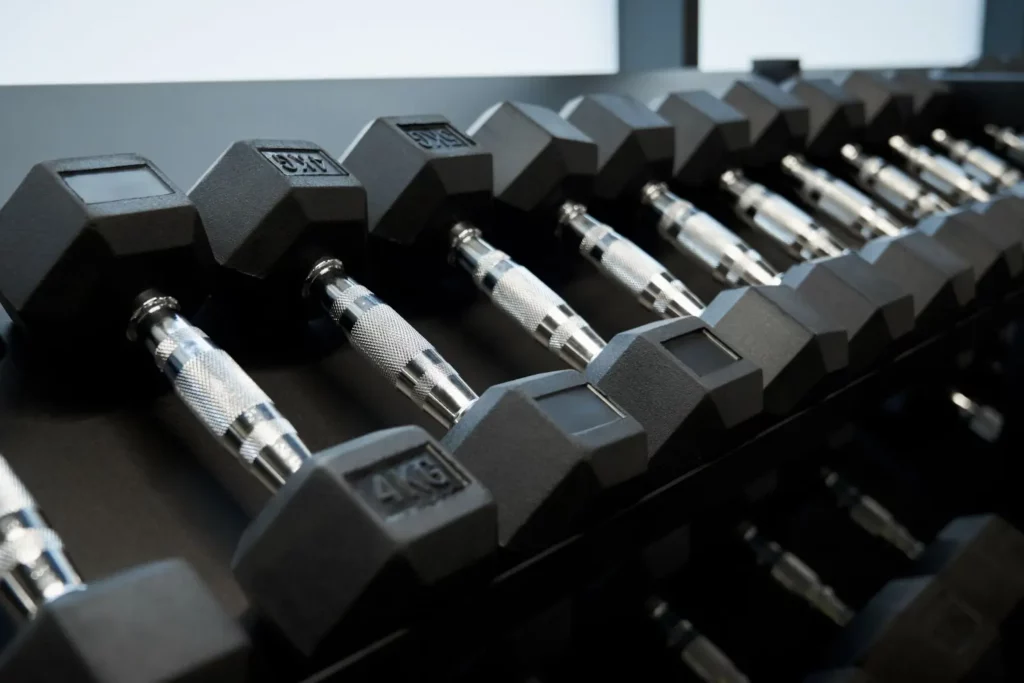
3. Recommended Weights for Men
Men often have greater muscle mass and may start with slightly heavier dumbbells, especially for lower body exercises.
- Upper Body (Chest, Shoulders, Arms):
Begin with 5–8 kg dumbbells. As you gain strength, progress to 8–12 kg. - Lower Body (Legs, Glutes):
Start with 8–12 kg dumbbells. For a greater challenge, move up to 12–16 kg or heavier.
4. Recommended Weights for Women
Strength training for women helps tone muscles and improves overall fitness. There’s no need to feel intimidated by dumbbells—start light and work your way up.
- Upper Body (Chest, Shoulders, Arms):
Start with 2–4 kg dumbbells, then progress to 4–6 kg as your strength increases. - Lower Body (Legs, Glutes):
Begin with 4–6 kg dumbbells. As you become more comfortable, advance to 6–8 kg or heavier.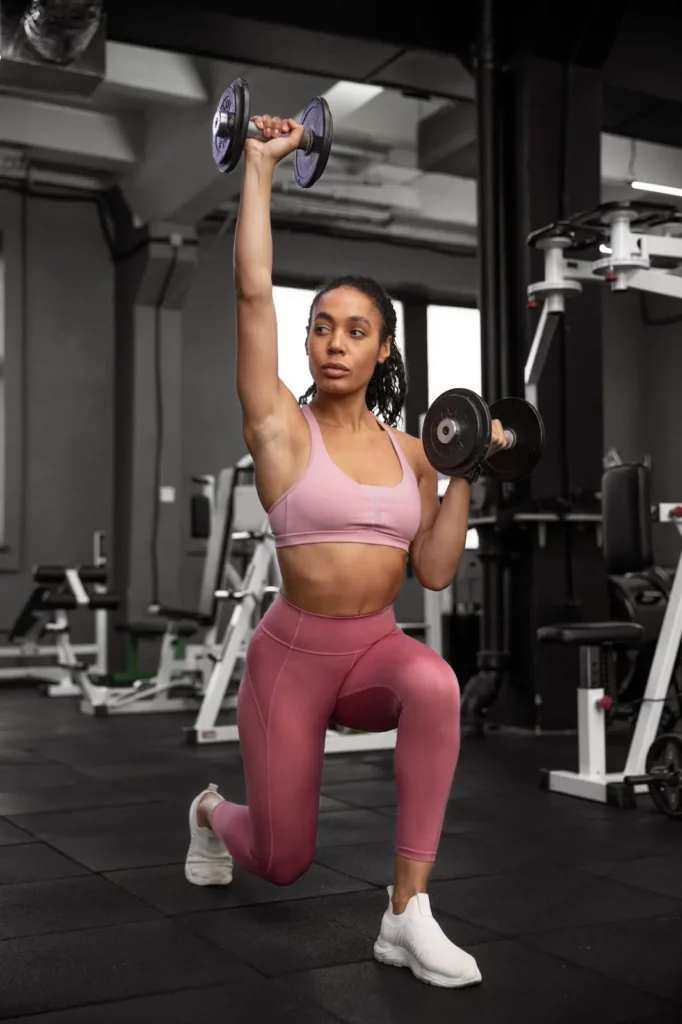
5. How Many Dumbbells Do You Need?
To perform a variety of exercises effectively, we recommend owning multiple pairs of dumbbells with varying weights:
a. Upper Body (Arms, Shoulders, Chest):
- Beginners: 2–4 kg
- Intermediate: 5–8 kg
- Advanced: 8–12 kg
b. Lower Body (Legs, Glutes):
- Beginners: 4–6 kg
- Intermediate:: 8–12 kg
- Advanced:12–16 kg
c. Full-Body or Functional Movements:
- Start with 4–6 kg for lighter exercises. Progress to 6–8 kg or 8–10 kg for a full-body challenge.
For most beginners, three pairs of dumbbells (light, medium, and heavy) are sufficient to cover all major muscle groups and exercises.
6. How to Know You’re Using the Right Weight
Finding the right weight is all about balance:
- Challenge Level: The last 2–3 reps of each set should feel tough but achievable with good form.
- Proper Form: If your form breaks or you experience pain, the weight is likely too heavy. Always prioritize technique over lifting heavier weights.
- Track Progress: Regularly assess your strength. If your current dumbbells no longer challenge you, it’s time to upgrade.
Why Choose Dumbbells from Quantum Fitness?
At Quantum Fitness, we offer a wide range of high-quality dumbbells suitable for every fitness level. Whether you’re looking for light, adjustable, or heavier fixed dumbbells, our selection ensures durability and comfort to help you achieve your fitness goals.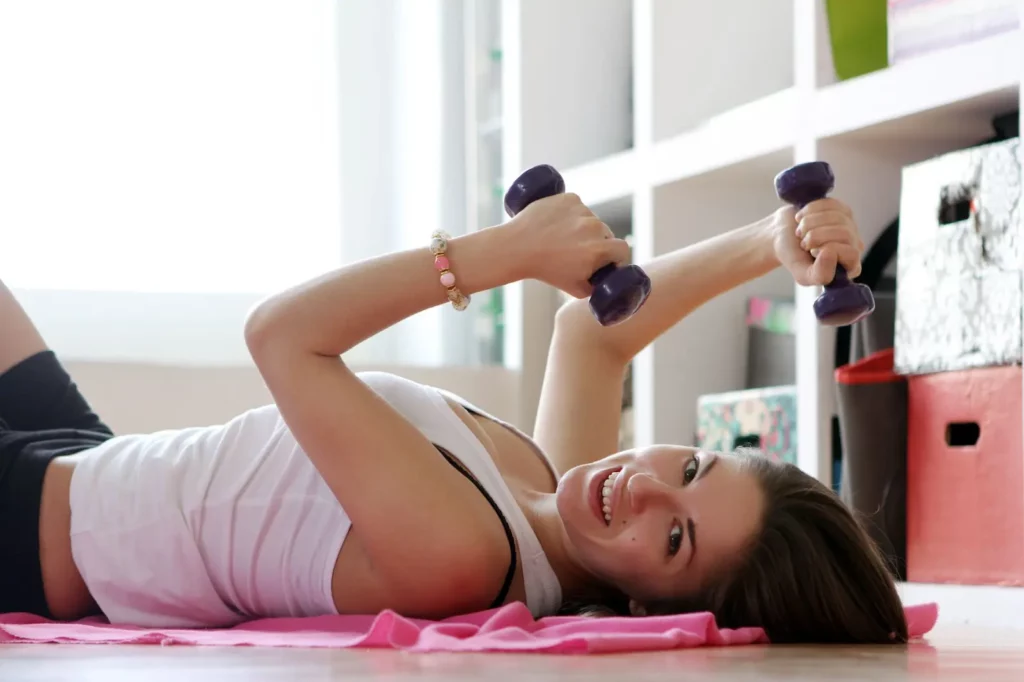
Additional Tips for Effective Workouts
To maximize your dumbbell workouts and keep your body safe and energized, follow these tips:
- Stay Hydrated:
Always drink enough water before, during, and after your workouts to prevent dehydration. Proper hydration also supports muscle recovery. - Warm Up:
Before starting your strength training, spend 5–10 minutes warming up with light cardio or dynamic stretches to prepare your muscles and reduce the risk of injury. - Use Fitness Gloves:
Wearing fitness gloves can improve grip and prevent calluses, especially when using heavier dumbbells. - Cool Down and Stretch:
After your workout, cool down with light stretches to enhance flexibility and prevent muscle soreness. - Maintain Proper Posture:
Always engage your core and maintain good posture during exercises to avoid strain on your back and neck. - Rest and Recover:
Give your muscles time to recover by incorporating rest days into your workout routine. Overtraining can lead to fatigue and injuries.
Selecting the right dumbbells is the foundation of effective strength training. Start with lighter weights to focus on form, gradually increase resistance as you build strength, and invest in a range of dumbbells to support your progress. Remember, it’s not about lifting the heaviest weight—it’s about lifting the weight that’s right for you.
Ready to elevate your workouts? Visit Quantum Fitness for premium dumbbells and expert fitness advice.
Stay strong, stay consistent, and happy lifting!

